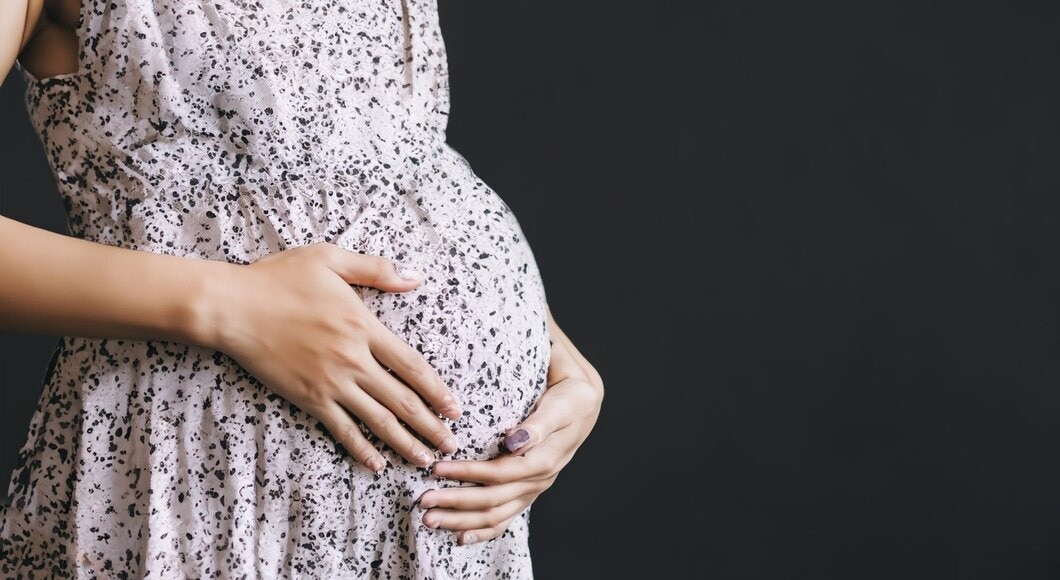As more women delay motherhood for various personal and professional reasons, concerns about potential health risks associated with late pregnancy have often come to the forefront. One of the question is whether having children later in life increases their risk of developing cancer. Let’s understand!

In recent years, many people have been choosing to have children in the later part of adult life. As this trend continues, an important question arises: does being an older parent increase the risk of cancer for your child? This issue has prompted debate among experts, with some studies suggesting a potential link between parental age and cancer risk in offspring.
What Is Childhood Cancer?
Childhood cancer refers to cancer that occurs in children from birth through adolescence. Although cancer is less common in children than in adults, it remains a significant concern and the leading cause of death by disease among children in many countries. Childhood cancers are distinct from those that occur in adults, both in terms of varieties and their behavior.
Parental Age and Cancer Risk
Research indicates that advanced parental age (i.e. 40 years or older) at the time of conception may be associated with a higher risk of certain types of cancer in children. This connection is thought to arise from accumulation of genetic mutations in sperms and egg cells as individuals age. Studies have particularly highlighted an increased risk of childhood leukemia, brain tumors, and retinoblastoma among children born to older parents. Although the overall risk of cancer in children remains low, understanding this potential increase is crucial.
Signs of Childhood Cancer
According t0 Dr Sunit Lokwani, Medical Oncology and Clinical Haematology, HCG Cancer Center, Indore, “Being vigilant for signs of childhood cancer is crucial, as early detection can significantly impact treatment outcomes. Symptoms can vary depending on the type and location of the cancer, but some general signs to watch for include:”
- Unexplained Weight Loss: Significant or rapid weight loss without a known reason.
- Persistent Pain: Ongoing pain that does not improve with standard treatments, such as headaches or back pain.
- Lumps or Swelling: Noticeable lumps or swelling in the abdomen, neck, or other areas.
- Frequent Infections: Frequent or severe infections that seem unusual or are difficult to treat.
- Unusual Bruising or Bleeding: Unexplained bruising, bleeding, or petechiae (small red or purple spots on the skin).
- Prolonged Fever: A persistent fever that does not respond to typical treatments.
- Fatigue or Weakness: Unusual and prolonged tiredness or weakness, particularly if it impacts daily activities.
- Changes in Vision or Eye Problems: Persistent vision changes or problems with eye alignment and appearance such as a white pupil (leukocoria).
What Can Parents Do?
For older parents being concerned about their child’s risk of cancer, there are several proactive measures that can be taken to mitigate potential risks. Maintaining a healthy lifestyle before and during pregnancy is essential. This includes eating a balanced diet, engaging in regular exercise, and avoiding harmful substances such as tobacco and alcohol. Regular prenatal care and genetic counseling are also valuable, as they can help identify risk factors early and facilitate timely interventions.
While being an older parent may be associated with a slightly increased risk of certain cancers in children, it is essential to keep in mind that this risk remains relatively low. By adopting a proactive approach that includes maintaining a healthy lifestyle, seeking regular medical care, and being attentive to early warning signs of cancer, older parents can effectively manage potential risks and support their child’s health. Embracing these practices ensures that age does not become a barrier to providing a healthy and fulfilling life for your child.

